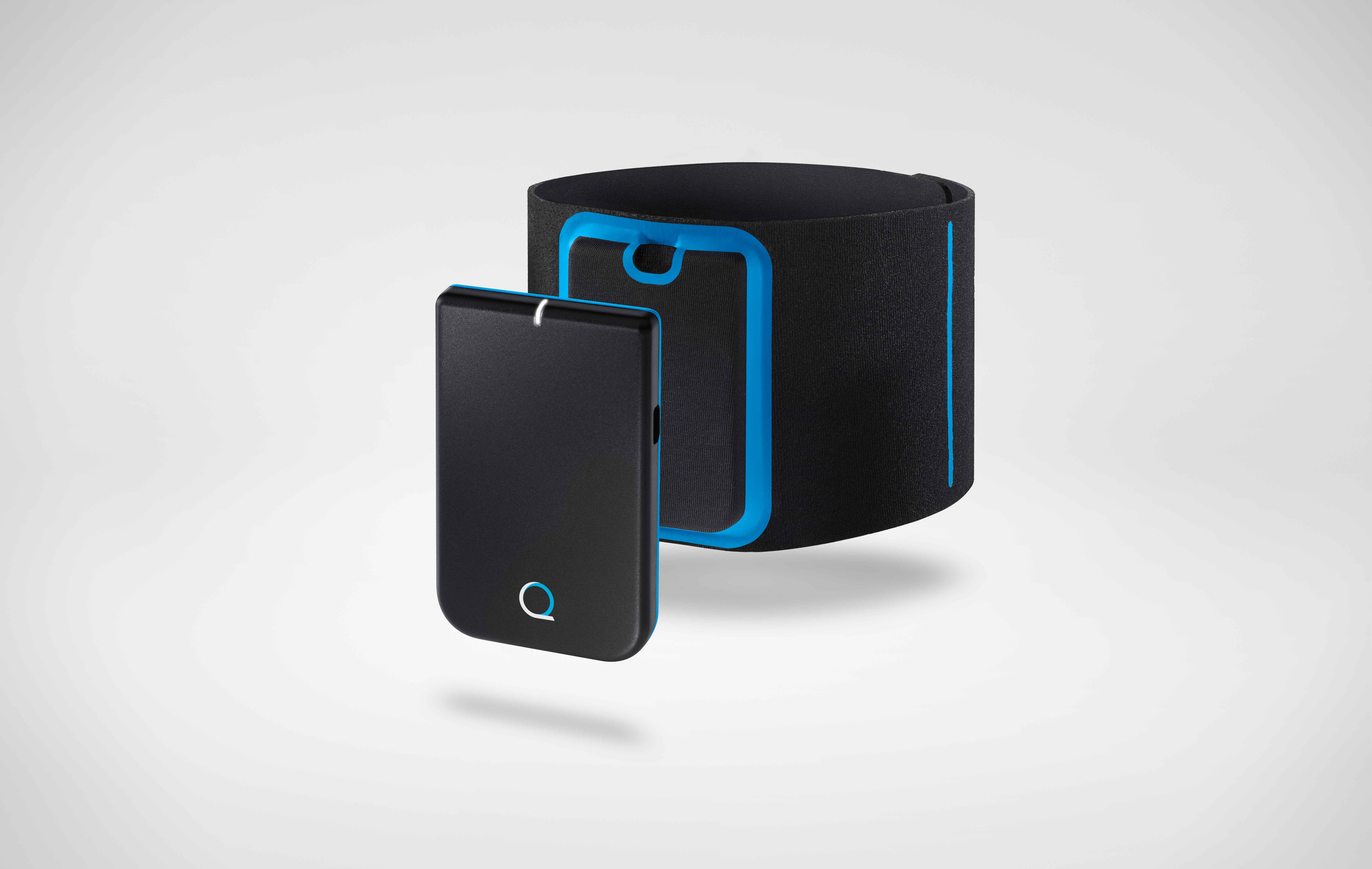|
In today's digital era, data storage has become a critical aspect of our lives. As our reliance on technology and big data continues to grow, the need for efficient and reliable data storage solutions becomes paramount. In this article, we will delve into some of the cutting-edge advancements in data storage technology that are shaping the future. Solid-State Drives (SSDs): Solid-state drives have revolutionized data storage by replacing traditional hard disk drives (HDDs) with flash memory. SSDs utilize non-volatile memory to store and retrieve data quickly, resulting in faster read/write speeds and improved overall performance. With no moving parts, SSDs are more robust and energy-efficient, making them an ideal choice for both personal and enterprise storage needs. Cloud Storage: Cloud storage has gained immense popularity as a flexible and scalable solution for data storage. It allows users to store and access their data remotely through the internet, eliminating the need for physical storage devices. Cloud storage offers several advantages, including easy accessibility, automatic backups, and seamless collaboration. Additionally, cloud providers often employ advanced security measures to protect sensitive data. Network-Attached Storage (NAS): NAS is a dedicated file storage system connected to a network, providing centralized data storage and file sharing capabilities. NAS devices are equipped with multiple hard drives configured in various RAID levels for data redundancy and protection against drive failures. These systems are widely used in homes and small businesses, enabling convenient access and backup of files across multiple devices. Object Storage: Object storage is designed to handle vast amounts of unstructured data, such as multimedia files and documents. Unlike traditional file storage, which organizes data in hierarchical structures, object storage stores data as individual objects with unique identifiers. This approach simplifies data retrieval and enables efficient scalability. Object storage is commonly used in cloud environments and content delivery networks (CDNs). Tape Storage: Although tape storage might seem outdated, it remains a viable option for long-term data archiving and backup purposes. Tape offers high storage capacity and low cost per gigabyte, making it suitable for organizations dealing with massive amounts of data that need to be retained for extended periods. Additionally, tape storage provides offline data protection against cyber threats. Hybrid Storage Solutions: Hybrid storage solutions combine different storage technologies, such as SSDs and HDDs, to optimize performance and cost-effectiveness. By employing intelligent caching mechanisms, frequently accessed data can be stored on high-speed SSDs, while less frequently accessed data can reside on traditional HDDs. This approach ensures a balance between speed, capacity, and cost, catering to diverse storage requirements. the future of data storage is witnessing remarkable advancements driven by technological innovation. From solid-state drives and cloud storage to network-attached storage and object storage, these solutions offer enhanced performance, scalability, and reliability. As the volume of data continues to skyrocket, it becomes essential to explore and adopt the right data storage solutions to meet the evolving needs of individuals and organizations alike.  |
